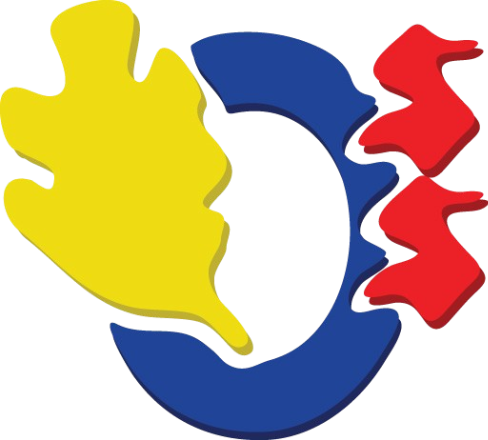Knowledge
Knowledge, Belief, and Opinion
Knowledge is a justified, evidence-based belief that is widely accepted and stable. Belief is a mental acceptance of a claim, often influenced by culture, emotion, or upbringing. Opinion is a personal view or preference that is more spontaneous and less grounded in evidence. These three differ in epistemic strength and levels of establishment. Opinions are the least stable and easiest to challenge. Beliefs are more established but may lack empirical support. Knowledge, when justified and true, is the most reliable and socially shared.
Understanding the distinction between these 3 is very important, as it helps us critically evaluate information and determine whether we are dealing with established knowledge or subjective belief/opinion.

Justified True Belief (JTB) Theory
Plato defined knowledge as a Justified True Belief (JTB). This classic theory states that a person knows something if three conditions are met:
- Justified: There must be logical or empirical support for the belief.
- True: The belief must correspond to reality.
- Believed: The person must genuinely hold the belief.

Critiques/Issues
The JTB theory raises complex issues. First is the challenge of defining truth—whether it should be treated as absolute, unchanging reality, or as a relative condition depending on context and perception. If truth is absolute, then do we have access to absolute truth? If truth is relative, then is knowledge by extension also relative?
Scientific advancements have shown that what we once considered true (like Newton's view on gravity) may later be revised (Einstein). Second is the issue of belief: must someone personally believe something in order to "know" it, even if all evidence supports it? Finally, justification can be problematic—if someone uses flawed reasoning or fallacies, does their belief still count as knowledge, even if they are justifying it?
The Gettier Problem
In 1963, Edmund Gettier introduced thought experiments that challenged JTB. A common example is the stopped clock scenario. Imagine someone looks at a broken clock, which just so happens to be displaying the correct time. They form the belief that it is 3:00 PM. Their belief is justified (they looked at a clock), and it is true (it actually is 3:00 PM), and they believe it. According to JTB, this would qualify as knowledge. However, because the clock is broken and only coincidentally correct, the person's belief is true by accident, not because of a reliable justification. This illustrates how someone can have a justified true belief without actually possessing knowledge in a meaningful or dependable way.
Unknowable Knowledge
The Heisenberg Uncertainty Principle in quantum mechanics suggests that certain knowledge (like a particle's exact position and momentum) is fundamentally unknowable. This raises questions regarding if there is knowledge that is unknowable? However, in contrast, epistemic relativism proposes that what is unknowable today might be knowable in the future as tools and technology evolve. For example, the concept of artificial intelligence would have been incomprehensible to prehistoric humans.
Truth Tests
Truth tests are used to assess how valid a knowledge claim is. The 4 primary tests include:
- Coherence: Evaluates whether a claim logically fits with other accepted beliefs. For example, a theory in physics that contradicts foundational laws would lack coherence.
- Correspondence: Checks whether a claim matches observable facts. It is grounded in sensory perception and evidence.
- Consensus: Relies on general agreement among individuals or experts. While useful in forming shared knowledge, consensus can still be wrong.
- Pragmatic: Truth is judged by its usefulness or practical results. This is especially relevant in fields like engineering and medicine. However, something being useful doesn't necessarily make it true.
While each test has its own respective advantages and disadvantages, most reliable knowledge claims satisfy multiple truth tests, often using coherence and correspondence together for stronger justification.

 TOK
TOK